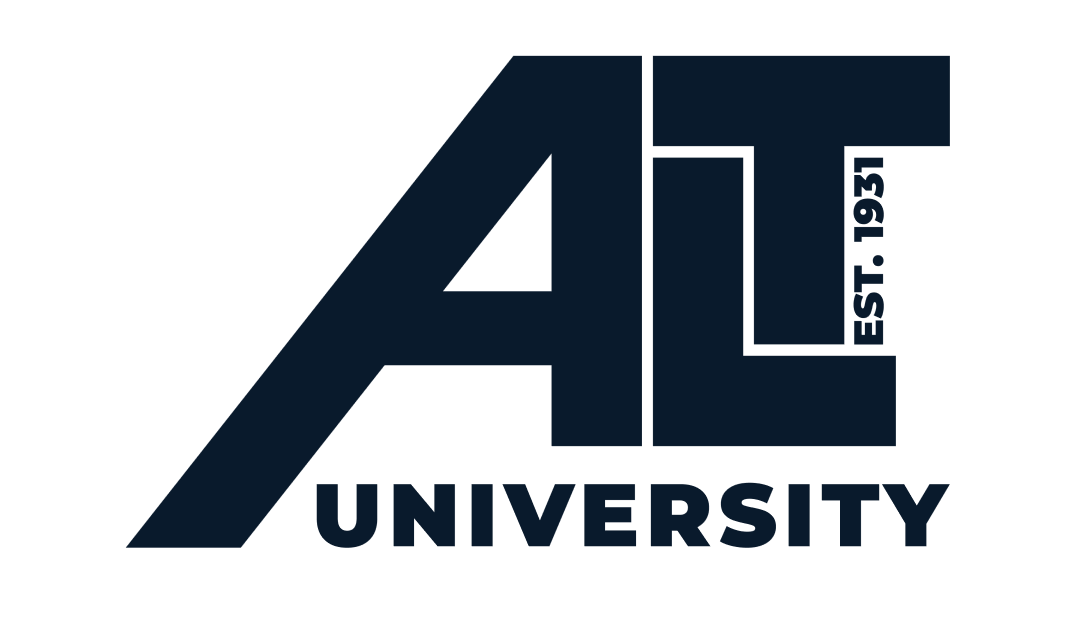Informal learning is becoming increasingly relevant in the context of higher education. This type of education is characterized by flexibility, a variety of forms and methods, and a focus on the individual needs of the learner. Unlike formal education, which is conducted within educational institutions and has clearly defined programs and diplomas, informal learning offers a more free and adaptive approach to education.
Informal learning encompasses all types of education that occur outside traditional educational institutions. It may include self-directed learning, participation in seminars, workshops, training sessions, as well as experiences gained through volunteering or practical work. The main emphasis in informal learning is on skill development, personal growth, and the practical application of knowledge.
The advantages of informal learning are as follows:
Flexibility: Informal learning allows learners to choose topics, formats, and paces of study, making the process more tailored to their needs.
Practical application: Participation in projects, internships, and other practical activities contributes to the acquisition of real skills and experience, which are highly valued by employers.
Individualization: Learners can focus on their interests and needs, increasing motivation and engagement.
Social interaction: Informal learning often involves interaction with other participants, promoting the exchange of experiences and the expansion of social networks.
In modern conditions, higher education faces challenges related to the rapidly changing labor market and employer demands. Informal learning can serve as an important complement to formal education, allowing students to develop skills that are not always covered in traditional curricula.
At the ALT Mukhamedzhan Tynyshpaev University, great importance is placed on informal learning. Lectures and workshops are held on topics such as leadership and team management, communication and interpersonal skills, stress management and time management, creative thinking, financial literacy, and much more.



